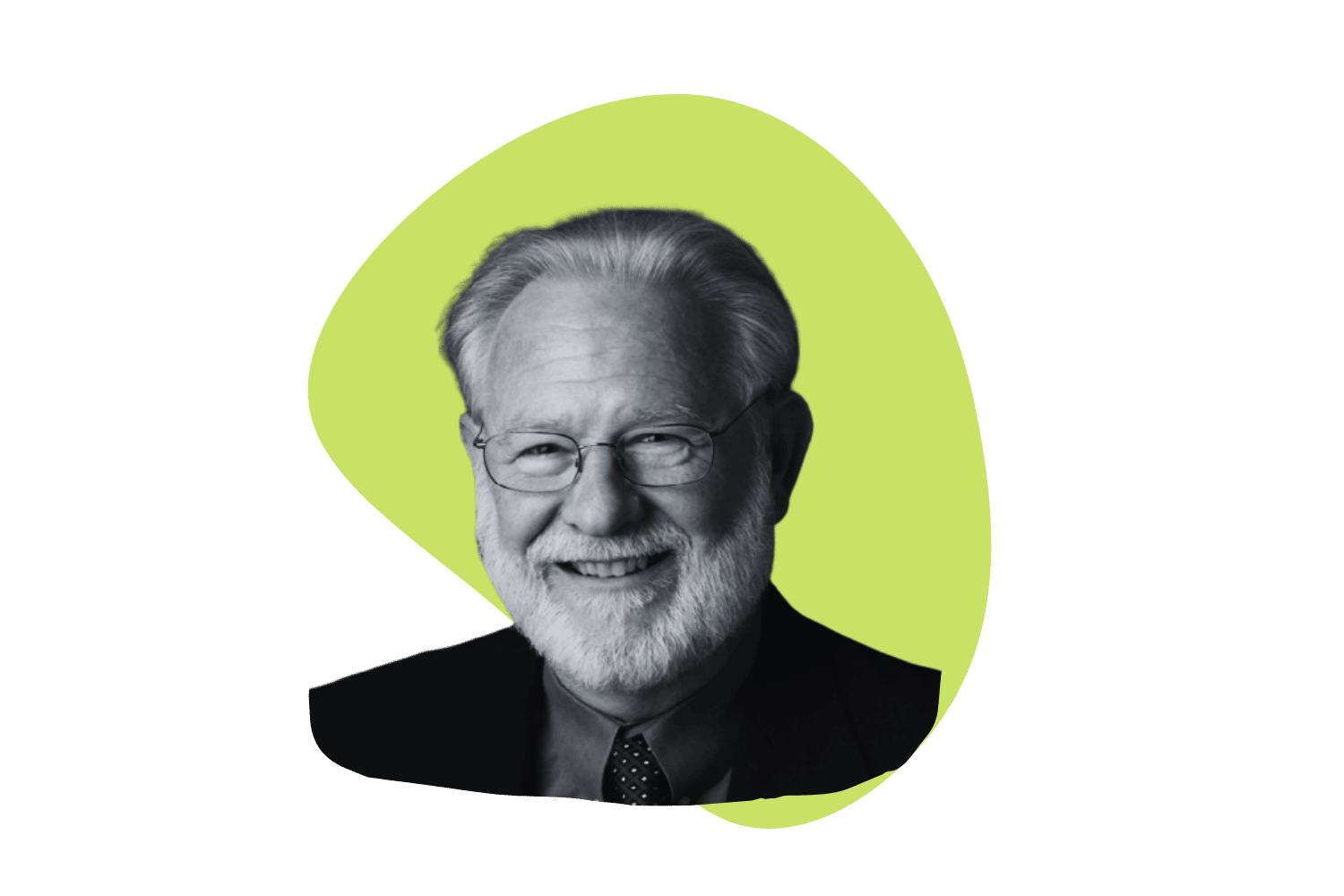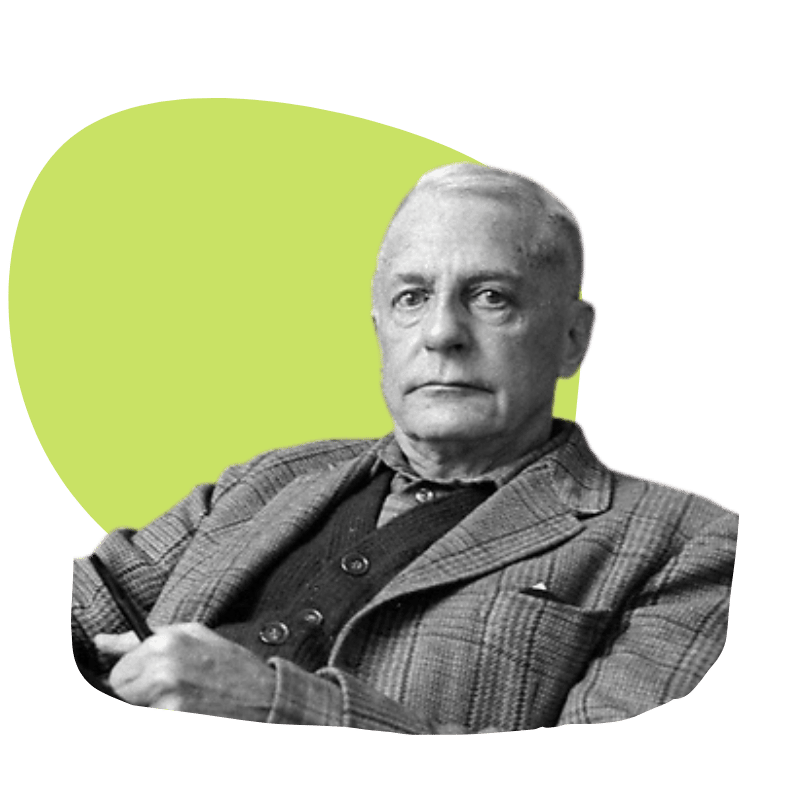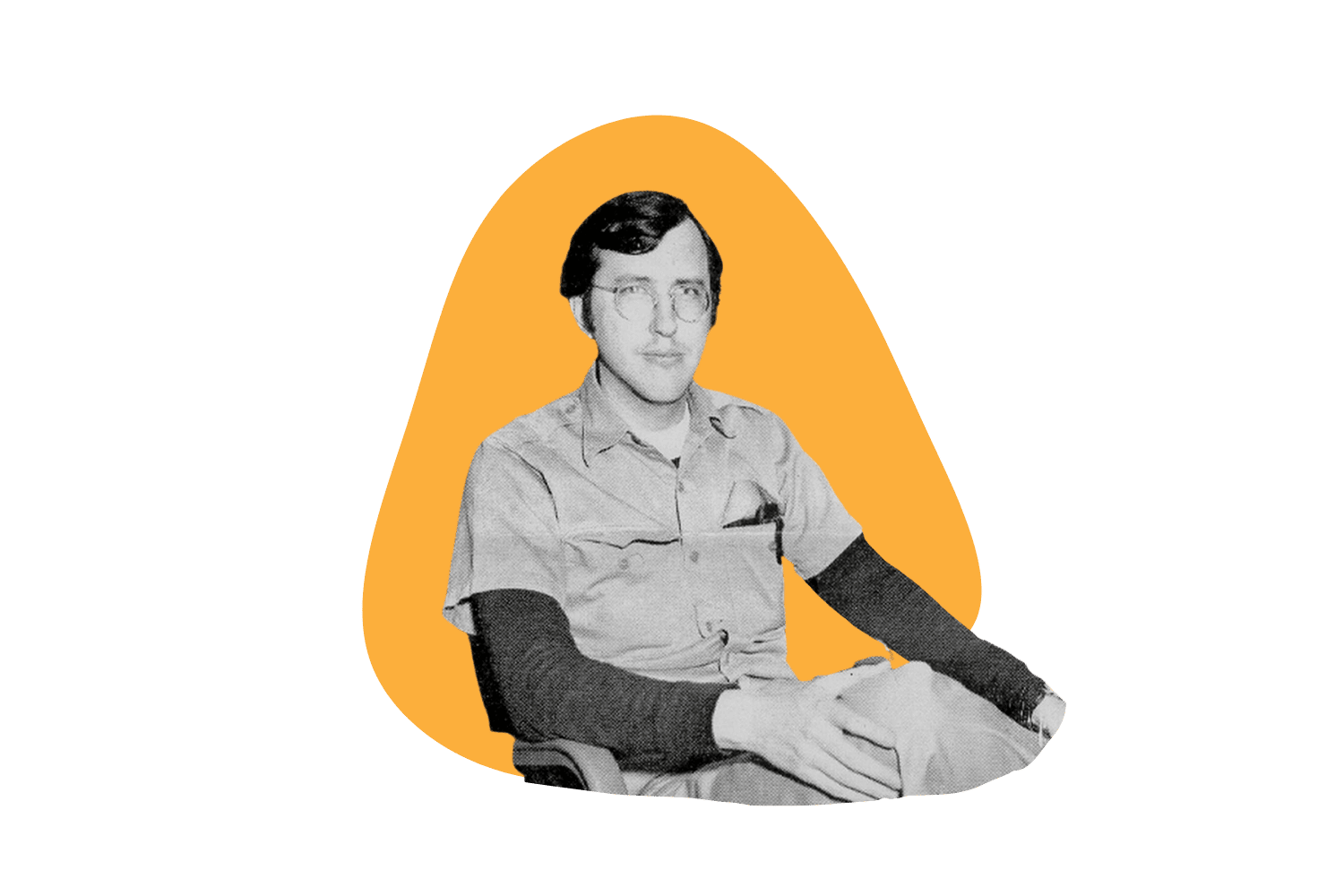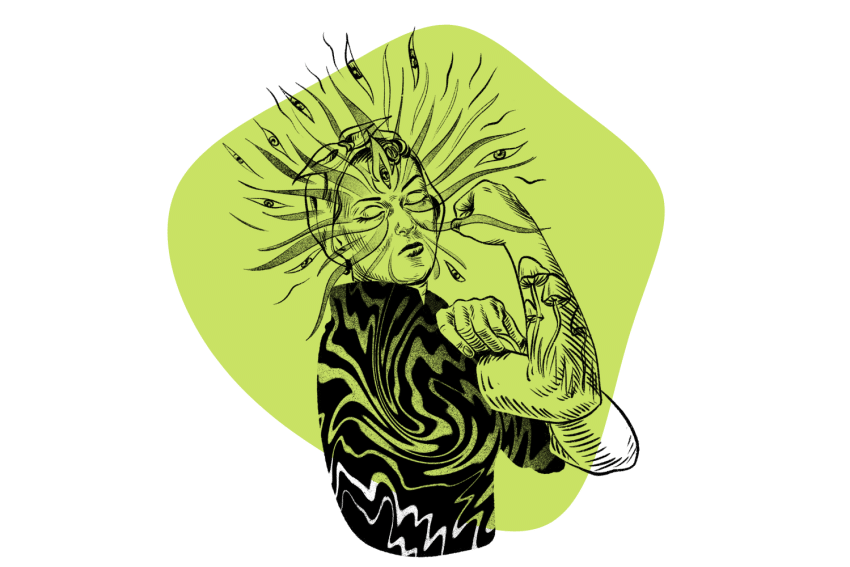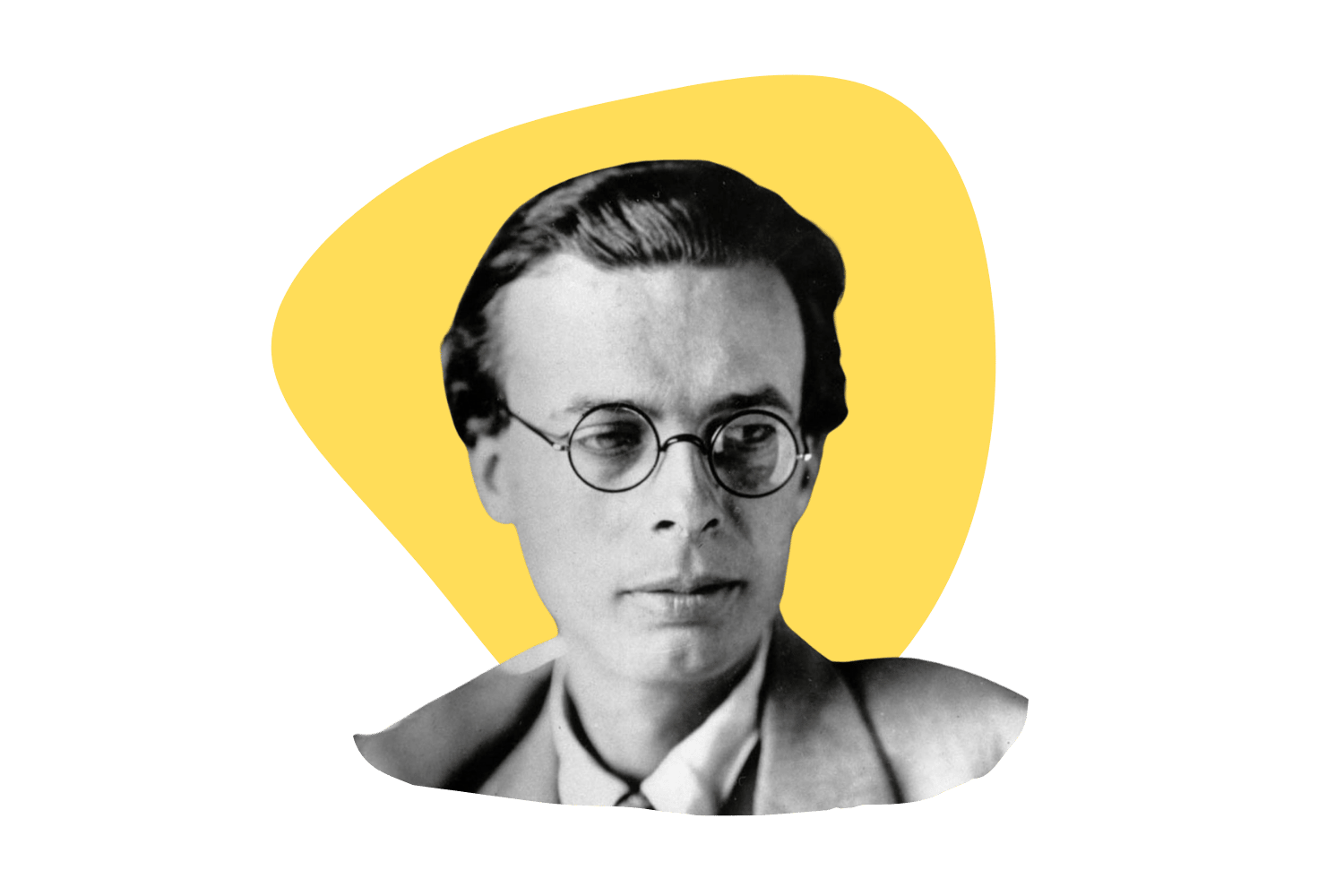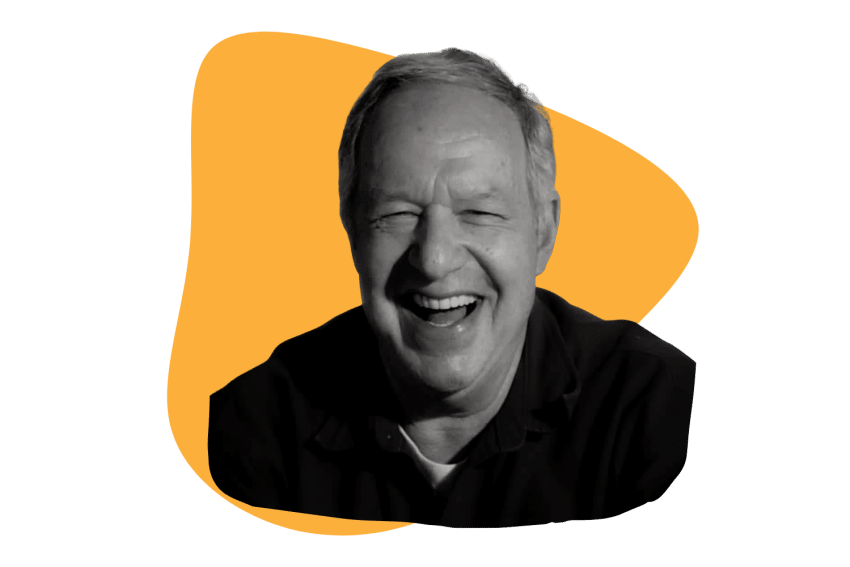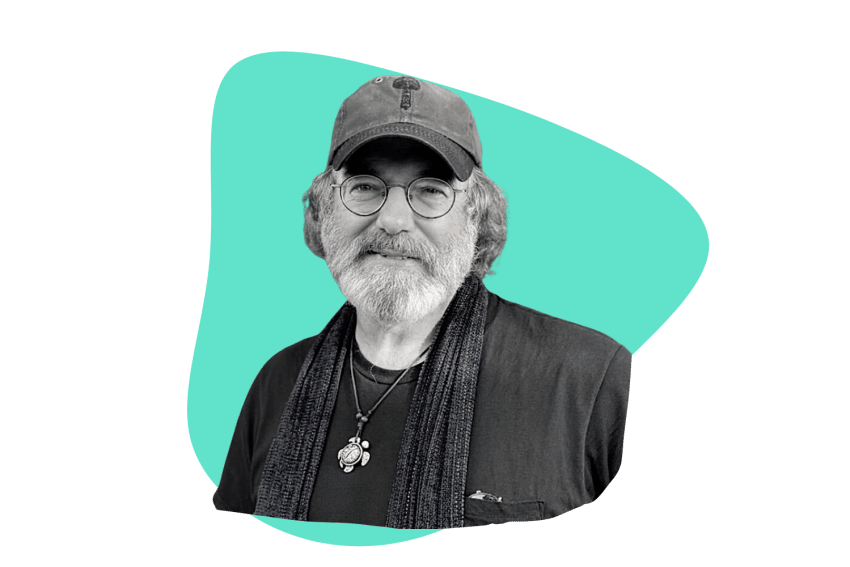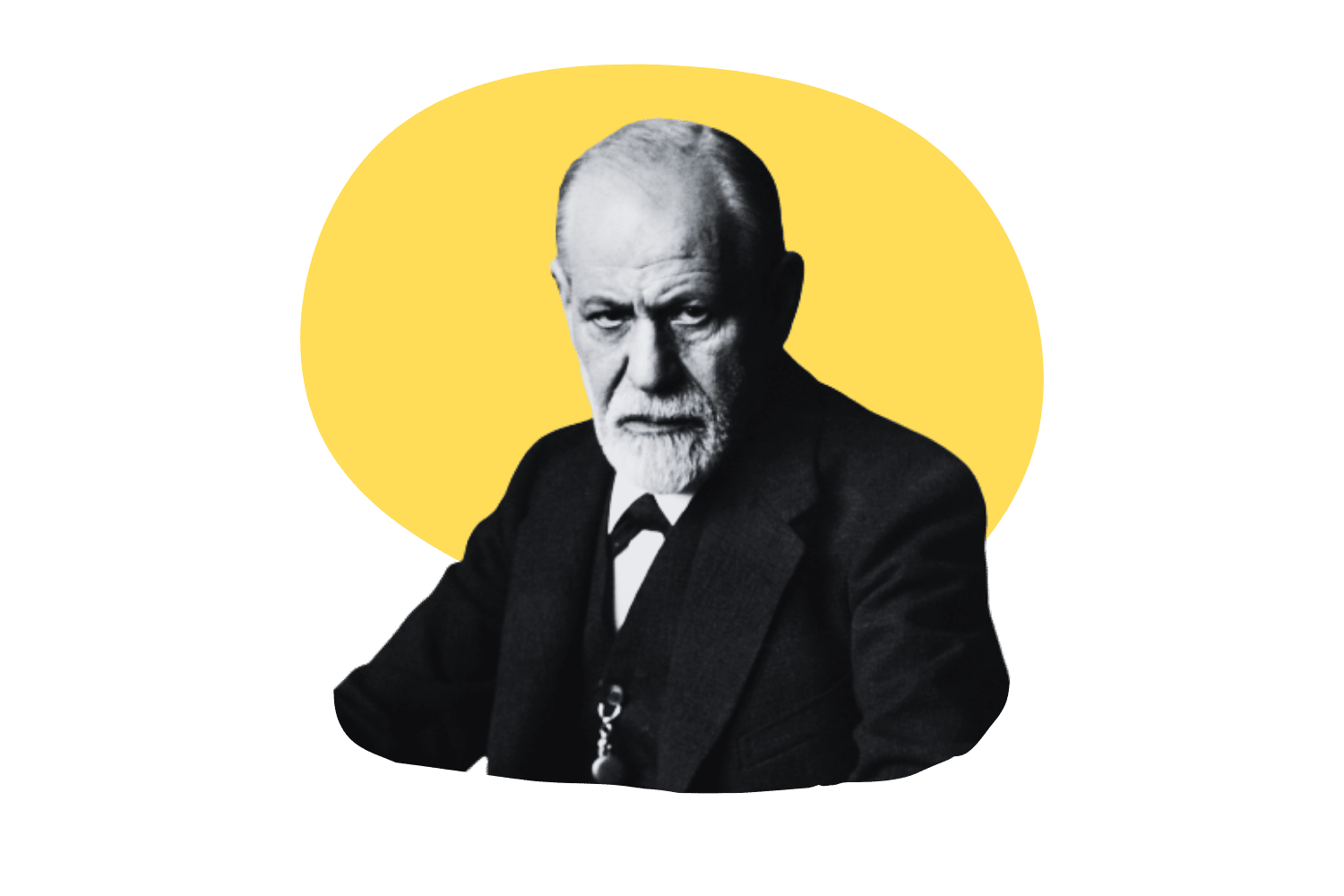Who Is Jordan Peterson?
Is Jordan Peterson a dangerous extremist or wise advocate? Here’s a look at the man behind the controversy.
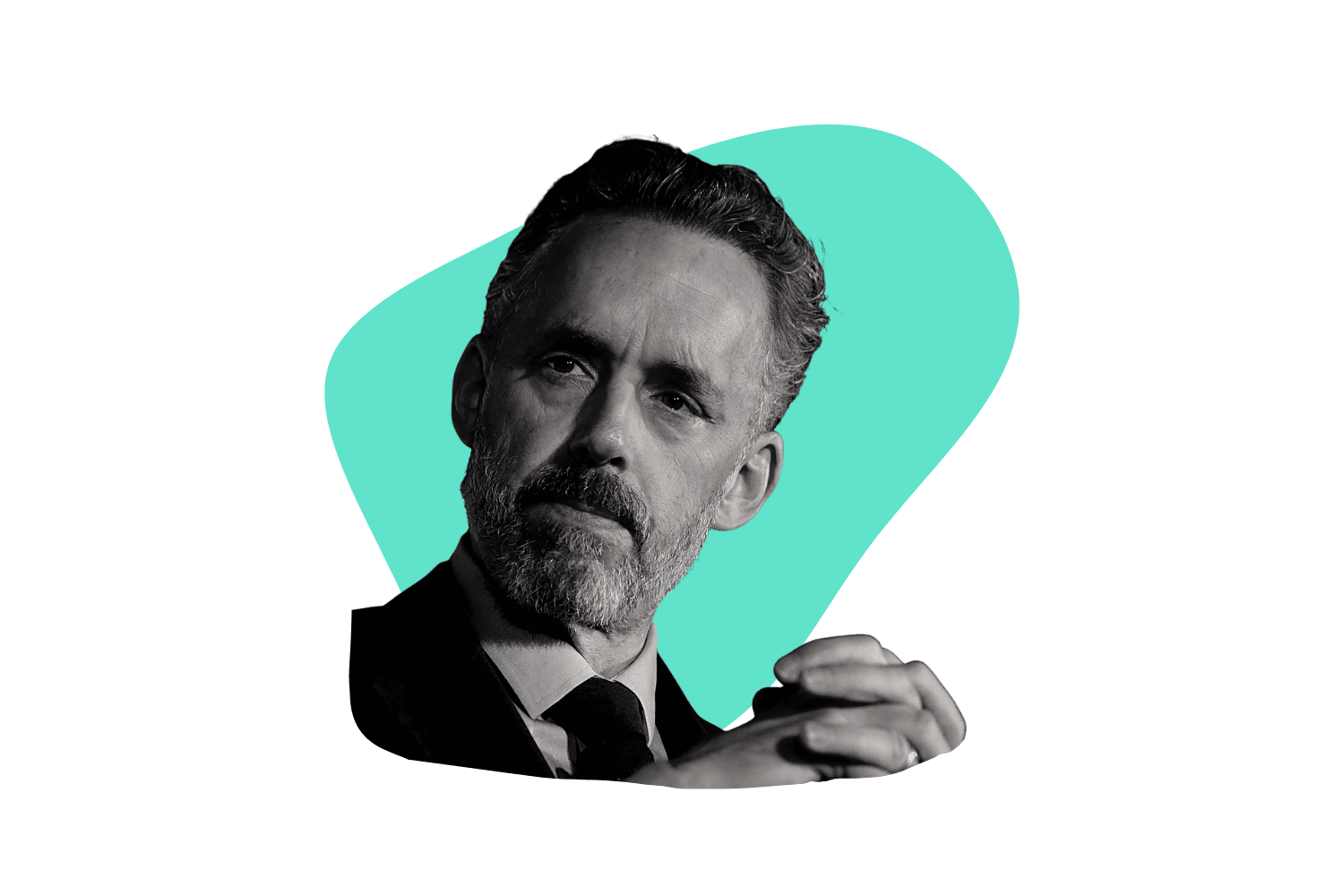
Jordan Peterson — love him or hate him; he’s here and making big moves in the field of psychology and personality.
His politics set him apart and are a huge reason for his popularity (and disdain), but what does he teach beyond that? Are his ideas dangerous?
Take a look and decide for yourself.
Jordan Peterson’s Life
Jordan Bernt Peterson was born in Edmonton, Alberta, on June 12, 1962. His mother, Beverley, was a librarian at Grande Prairie Regional College, and his father, Walter, was a teacher.
His interest in politics began at an early age, partly due to a school librarian that introduced him to authors like Ayn Rand, Aleksandr Solzhenitsyn, Aldous Huxley, and George Orwell. At the young age of 13, he became a member of the Canadian New Democratic Party (NDP) but left the group when he was 18.
He graduated from high school in 1979 and started attending Grande Prairie Regional College, but transferred to the University of Alberta, where he received his BA in political science.
Peterson spent time working a variety of jobs while in college — including beekeeping and railroad work. After graduating, he traveled Europe, where he saw the scars of war first-hand. This piqued his interest, essentially changing the course of his life. What causes people to commit such atrocious acts and bring forth such destruction, all for an ideology?
To this day, Soviet propaganda decorates his walls as a constant reminder of what humanity is capable of — often in the name of utopia.
These questions drove him back to the University of Alberta, where he earned a BA in psychology in 1984. He moved back to Montreal the following year.
In 1991, Peterson received his Ph.D. in clinical psychology from McGill University and spent two years at McGill’s hospital, where he researched familial alcoholism and its consequences on children.
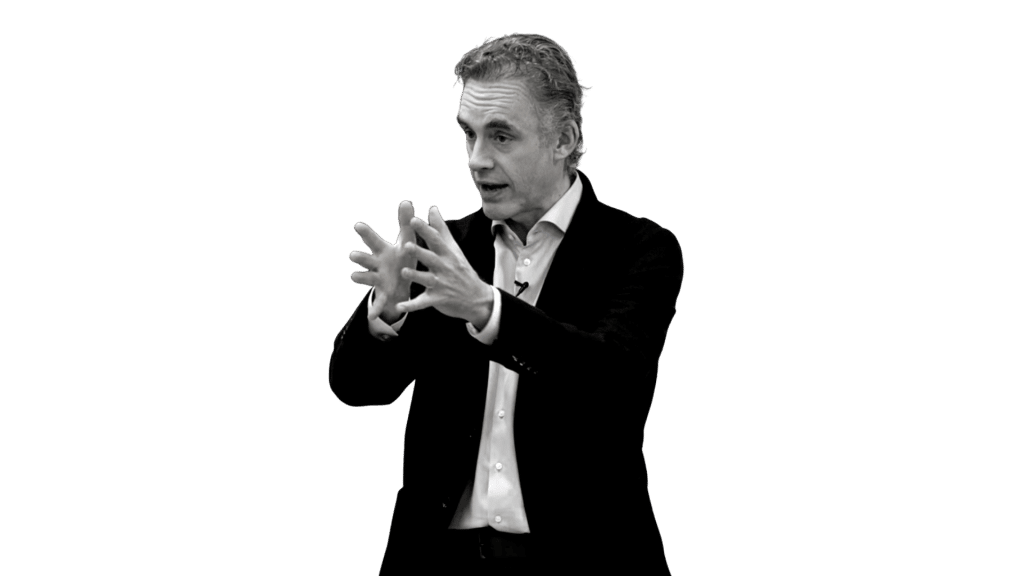
Peterson: Professor, Author, & YouTube Personality
In 1993, he became an assistant, then associate professor, of psychology at Harvard, where he switched his primary research from alcoholism to personality. His other areas of study within the field include psychopharmacology, religion, ideology, politics, and society.
Peterson won the Levenson Teaching Award in 1998; he also left Harvard that year and became a full professor at the University of Toronto. He remained at the school until he resigned in 2021, becoming professor emeritus.
He’s written or co-authored over 100 research papers, but it wasn’t his studies that put him in the spotlight. Videos of him discussing his opposition to Canadian bill C-16 drew a huge amount of attention. Some argued the measure meant to prohibit discrimination against anyone based on their gender identity, but Peterson argued it oppressed free speech. Around the same time, he began to improve his YouTube channel, where he uploaded his lectures. Soon, his channel was receiving millions of views.
His first book came out in 1999 but received little attention compared to his next book in 2018, 12 Rules: An Anecdote to Chaos — it quickly jumped to #1 for non-fiction in the US, Canada, the UK, and other countries.
Peterson’s Personal Hell
Peterson’s wife, Tammy, was diagnosed with a rare form of kidney cancer in 2019 and dealt with severe complications after her second surgery. Her family considered her recovery miraculous. During that time, Peterson’s prescription for clonazepam, a benzodiazepine, was increased due to the anxiety surrounding his wife’s health, and he developed an addiction. Due to previous failed attempts at breaking the addiction and a treatment plan that most places wouldn’t allow, he ended up in rehab in Moscow, Russia, then Serbia.
He was in a coma for eight days, spent time in the ICU, and over a year in recovery, in what he calls “hell,” and now speaks openly about the dangers of benzos.
Criticism of Peterson
He may be a best-selling author, but he draws his fair share of criticism, too.
For most people, Peterson seems to fall into one of two categories: wise, life-changing guru, or bigoted, machoistic, far-right extremist. However, maybe both are oversimplified views, and reality falls somewhere in the middle (as the truth often does).
Those that hate him do so usually because of his politics or use of religion in morality. Others hate him because he points out their weaknesses and makes no room for excuses.
His followers love him for much the same reasons.
Controversy seems to follow Peterson; here are a few examples.
Gabor Mate, physician, renowned speaker, and author, said in an interview on YouTube, “I have a lot to say to Jordan Peterson; as much as I appreciate some of what he says, and as interesting as I find him, I think he’s a mixed figure, largely an agent of oppression.”
Cambridge University made headlines in 2019 when the school rescinded an invitation to Peterson. He was going to the school as a visiting fellow but was uninvited. The decision was met with relief from many student groups but led to a backlash from plenty of others, saying the school was stifling free speech. A spokesperson for the school said, “[Cambridge] is an inclusive environment, and we expect all our staff and visitors to uphold our principles. There is no place here for anyone who cannot.” Ultimately, Peterson was reinvited after the school changed its free speech policy in 2020, a movement led by philosophy professor Arif Ahmed.
A television interview with Cathy Newman led to all kinds of publicity for Peterson, mostly good. In fact, it currently has over 360 million views. Fox News host Tucker Carlson said it’s “one of the great interviews of all time.”
Camille Paglia, American feminist academic, author, social critic, and professor at the University of the Arts in Philadelphia, Pennsylvania, called Peterson “the most important and influential Canadian thinker since Marshall McLuhan.”
Columnist Tabatha Southey called him “the stupid man’s smart person” in an opinion article in Maclean’s.
In an article in The Walrus, fellow professor at the University of Toronto, Ira Wells, said he’s “a YouTube star who offers a wafer-thin intellectual validation for the political retrenchment of traditional hierarchies.”
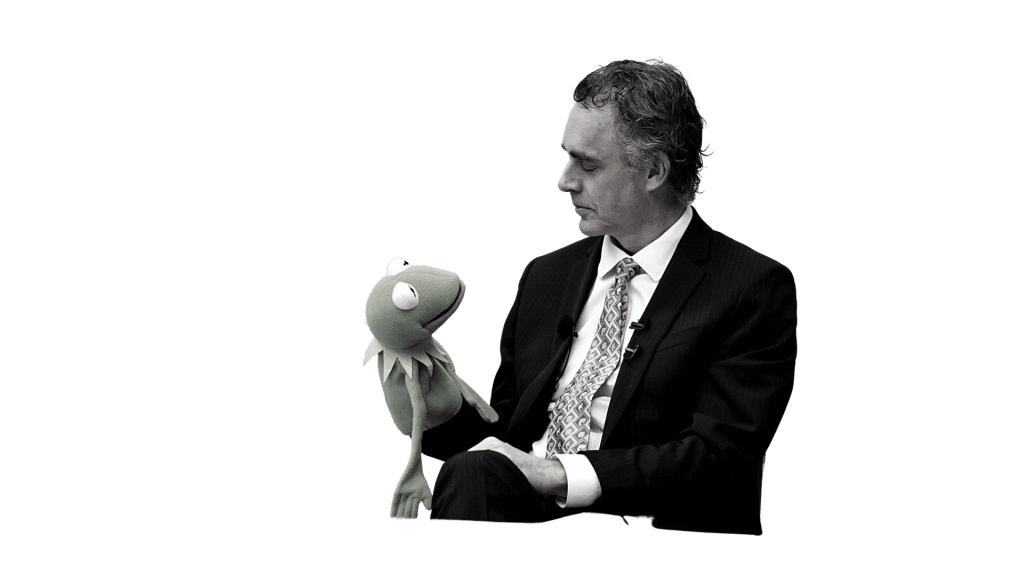
Philosophy of Jordan Peterson
Jordan Peterson’s philosophy is similar in some aspects to Carl Jung’s. Peterson references our shadow and the need to understand it and use it to our advantage. In fact, Peterson’s Self-Authoring Suite is, in a sense, a way to do just that. Even Peterson’s ideas on personality traits seem to stem from Jung.
Peterson’s philosophy is best summed up by the rules he sets forth in his two books (12 Rules for Life and Beyond Order: 12 More Rules).
Maybe the really simplified version could be:
- Assume first that you are doing the easiest thing and not the most difficult.
- Take responsibility for your life.
- You can learn from other people, so act like it — treat them with respect, don’t lie, and learn to listen.
Here are the 24 rules he spells out in his two books — some have an obvious meaning, others don’t. All of them are worth looking into.
12 Rules for Life
1. Stand up straight with your shoulders back.
Lobsters, like people, will size each other up. If you’re hunched over like you just lost, people will treat you like a loser. Stand tall and act like you have a right to speak your mind. People will see you differently.
2. Treat yourself like someone you are responsible for helping
Consider how your life could be if you treated yourself well. Most people take better care of their pets than themselves.
3. Make friends with people who want the best for you
It’s much easier to be pulled down than pulled up. Be around people that encourage and help you to do better.
4. Compare yourself to who you were yesterday, not who someone else is today
You can’t be good at everything. Choose one area you’d like to improve and take one small step each day to do better.
5. Do not let your children do anything that makes you dislike them
It’s a parent’s job to make their kid easy to get along with. If you don’t like the way your child acts, no one else will, either.
6. Set your house in perfect order before you criticize the world
If you know something is wrong with your life, stop. Don’t try to fix the world before your own issues are dealt with.
7. Pursue what is meaningful, not expedient
Use your time to make a better future, not wasted on momentary pleasure.
8. Tell the truth, or at least, don’t lie
Don’t lie to yourself about reality. Don’t lie to others.
9. Assume the person you’re listening to knows something you don’t
We can all learn from each other. It means setting aside our pride and opening our ears. Carl Rogers said, “The great majority of us cannot listen; we find ourselves compelled to evaluate because listening is too dangerous. The first requirement is courage, and we do not always have it.”
10. Be precise in your speech
Make a plan for your life and tell others. Let them see who you are. Say what you mean.
11. Don’t bother children who are skateboarding
Skateboarding is dangerous — that’s why kids like it. It’s good for them. Let them learn how to handle danger, take charge of a situation, and take risks.
12. Pet a cat when you encounter one on the street
Cats were gods to the Egyptians. When you see a cat on the street, stop to pet it as a reminder that there may be some greater purpose to whatever you’re going through.
+12 More Rules
1. Do not carelessly denigrate social institutions or creative achievement
Rules and institutions are in place for a reason. They’re not always good, and we should distinguish between ones that deserve respect and those that don’t. We can’t carelessly tear them down for no reason.
2. Imagine who you could be and then aim single-mindedly at that
Most people have this sense that they could be more. Figure out who you’d like to be and chart a course. Change it if need be, but only after you’re sure you aren’t giving up.
3. Do not hide unwanted things in the fog
It seems easier to ignore the trivial things that come up, but it’s those small annoyances that turn into big problems if they’re left alone.
4. Notice that opportunity lurks where responsibility has been abdicated
You’ll find meaning in the hard things. Take on responsibility, especially if you see something frustrating or angering and you have the ability to fix it.
5. Do not do what you hate
Every time you betray your conscience, you make it easier to do the next time. You can’t stand strong when bigger transgressions come if you can’t do it with the small things.
6. Abandon ideology
It feels good to fight against injustices. However, these are usually oversimplified terms for complicated phenomena. You can’t fight what you can’t clearly define.
7. Work as hard as you possibly can on at least one thing and see what happens
Commitment and sacrifice propel you forward. It’s better to be actively working towards a goal than to do and become nothing.
8. Try to make one room in your home as beautiful as possible
Without beauty, all we have is “bleak necessity. Make something beautiful. Let it remind you that there’s more to life, to be creative, and to spark a transformation.
9. If old memories still upset you, write them down carefully and completely
An unresolved past will hinder you until you address it. Drag it up, face the unknown, and take away its power.
10. Plan and work diligently to maintain the romance in your relationship
This means being open about what you want and having a willingness to negotiate. Otherwise, the relationship is unbalanced, and no one is truly happy.
11. Do not allow yourself to become resentful, deceitful, or arrogant
To fight against these three traits, you need to find purpose and beauty in life. Sometimes it’s hard, but have faith that you can overcome the bad that happens.
12. Be grateful in spite of your suffering
Trials don’t have to take away your joy. Be grateful for life and all it has to offer, despite the pain.
Peterson’s Stance on Psychedelics
Peterson has said in interviews that he’s fascinated by psychedelics but knows very little about them — no one does. He acknowledges the research that shows some psychedelics, like magic mushrooms, have the capacity to provide therapeutic benefits, including helping people overcome addiction.
As great as it is, he’s also wary of their use. One example he shares: studies show permanent neurological and psychological changes in the brain. In his research, most people have one standard deviation in the openness trait (explained below) after just one session with psilocybin [1].
Psychedelics need to be used with caution because bad trips do exist, some people are predisposed to psychological disorders (such as depression), and there’s little we know about how they work or the permanent impact they’ll have.
Peterson says the one thing we know, thanks to psychedelics: humans have the capacity for levels of consciousness that are far removed from our normal state. Even when faced with death, they provide a transcending experience that most people claim is one of the most profound experiences of their lives.
Related: What Does LSD do to Your Brain?
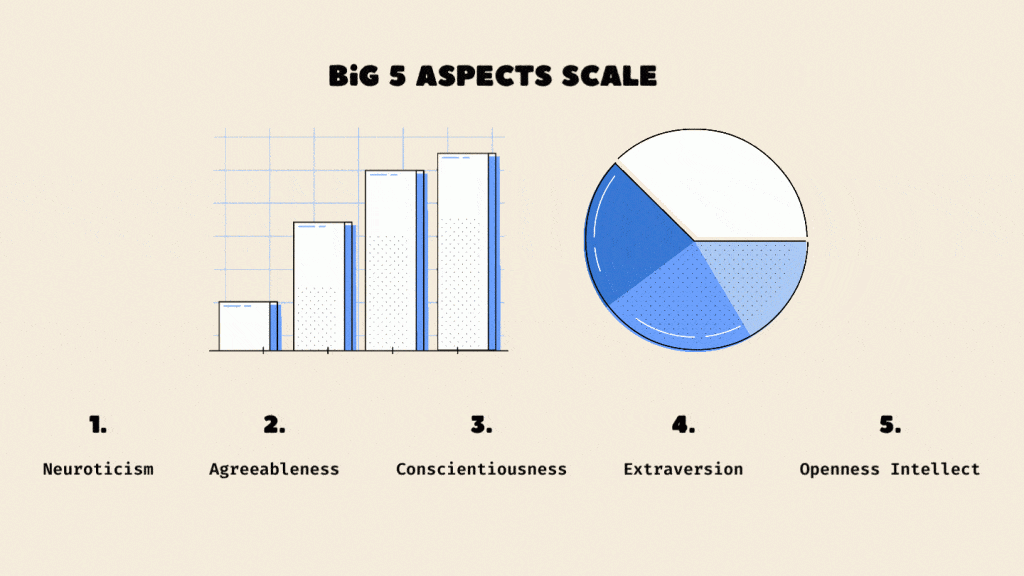
Big 5 Aspects Scale: A Personality Test
It pairs well with the Big 5 Personality Test, a model that’s been around since the 1950s, but Peterson and fellow psychologists Colin DeYoung and Lena Quilty added to it. Their paper “Between Facets and Domains: 10 Aspects of the Big Five” breaks down ten extra facets of the five main personality traits.
1. Openness to Experience: Openness & Intellect
People high in openness are abstract thinkers who like to take on challenges and welcome new ideas. They’re into literature, art, and philosophy and tend to be creative and always learning.
People with low levels prefer tradition and push back against new ideas. They prefer consistency and routine and stick to a path — in both career and convictions.
2. Conscientiousness: Industriousness & Orderliness
This trait comes with attention to detail, following rules, efficiency, structure, organization, and thoughtfulness. Those with very low levels tend to be messy, easily distracted, and procrastinate. They live for the moment and see everything in shades of gray.
A good middle-ground allows people to not be too hard on themselves, get their work done without being overly tied to it, and enjoy life outside of obligations.
3. Agreeableness: Compassion & Politeness
Those low in agreeableness don’t show much interest in others and can be brash, manipulative, and insulting, but speak what’s on their mind. Those high in this trait are respectful, sympathetic, and caring towards others, but also are compliant and avoid conflict, sometimes to the point where they don’t speak up for themselves.
4. Extraversion: Enthusiasm & Assertiveness
Highly extroverted people enjoy attention, have a wide group of friends, are excitable, and tend to be the life of the party. They also tend to speak without thinking, be aggressive, and act impulsively.
Those that rank low are more likely to be depressed, drained by social interaction, very private, and unenthusiastic. They’re also more future-oriented, not impulsive, and rarely speak up, even when they should.
5. Neuroticism: Withdrawal & Volatility
High neuroticism comes with more anxiety, greater mood swings, and an inability to bounce back after a problem. They’re more likely to be stressed, lonely, discouraged, and threatened.
People low in this trait are very resilient and steady, rarely shaken by emotions or what happens around them. They’re less likely to have anxiety, have higher self-esteem, and are more satisfied with their jobs and relationships.
Jordan Peterson Books & Publications
Peterson’s first book, Maps of Meaning: The Architecture of Belief, came out in 1999 after 15 years in the making. In it, he describes his theory on how people make meaning out of life.
His best-seller, with over five million copies sold, is 12 Rules for Life: An Antidote to Chaos which was released in 2018. It attempts to lay out the principles from the previous book, offering an in-depth look at twelve rules that might transform how you go about life if you apply them.
Beyond Order: 12 More Rules For Life is his newest book and came out in 2021 and adds to the first 12 rules.
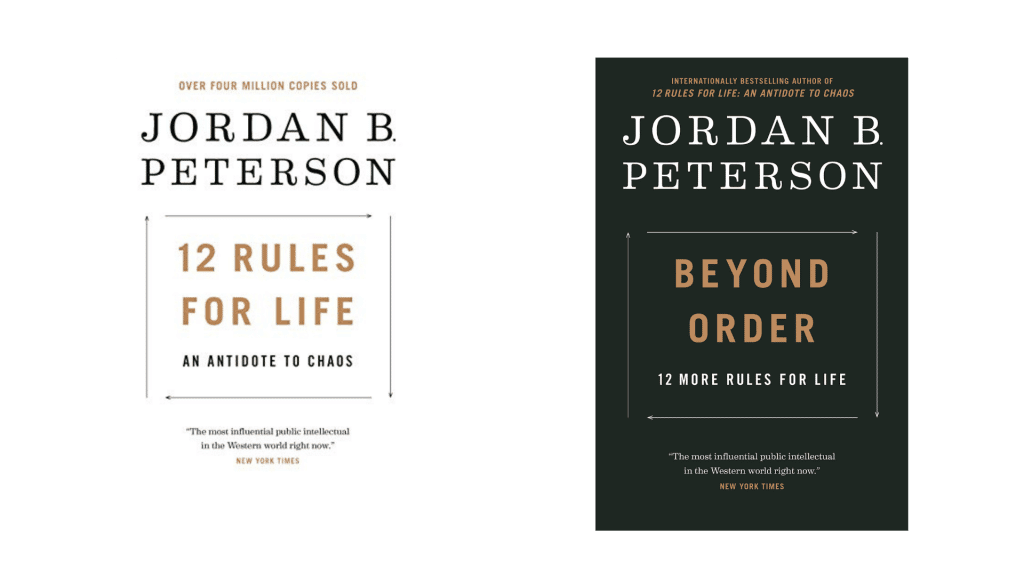
Self-Authoring Suite
Besides his books, Peterson and colleagues Daniel M. Higgins and Robert O. Pihl developed a sort of personalized, DIY therapy called the Self-Authoring Suite. Its purpose is to provide a way for people to reflect on their past and come to terms with it, along with narrowing down goals and a vision for their future.
Jordan Peterson Quotes
It’s hard to narrow down just a few, and it would be easy to pick quotes that paint him in a certain light. In the interest of objectivity, here are five quotes that appeal to the masses.
- Don’t compare yourself with other people; compare yourself with who you were yesterday.
- The truth is something that burns. It burns off deadwood. And people don’t like having the deadwood burnt off, often because they’re 95 percent deadwood.
- It’s in responsibility that most people find the meaning that sustains them through life. It’s not in happiness. It’s not in impulsive pleasure.
- If you don’t stand your ground, then all that happens is people push you backward.
- I don’t tell people, ‘You’re okay the way that you are.’ That’s not the right story. The right story is, ‘You’re way less than you could be.’
- When you have something to say, silence is a lie.
- If you think tough men are dangerous, wait until you see what weak men are capable of.
- You can only find out what you actually believe (rather than what you think you believe) by watching how you act. You simply don’t know what you believe before that. You are too complex to understand yourself.
- Place one foot in what you have mastered and understood and the other in what you are currently exploring and mastering. Then you have positioned yourself where the terror of existence is under control, and you are secure, but where you are also alert and engaged. That is where there is something new to master and some way that you can be improved. That is where meaning is to be found.
- If you fulfill your obligations every day, you don’t need to worry about the future.
- Work as hard as you possibly can on at least one thing and see what happens.
- You must determine where you are going in your life because you cannot get there unless you move in that direction. Random wandering will not move you forward.
- The secret to your existence is right in front of you, and it manifests itself as all those things you know you should do, but you’re avoiding.
- Can you imagine yourself in 10 years if, instead of avoiding the things you know you should do, you actually did them every single day — that’s powerful.
- Power is competence.
Jordan Peterson Lectures
There’s no shortage of Peterson’s lectures, interviews, and podcasts, and he covers plenty of topics.
Here are a few of our favorites:
- The Psychology of Psychedelics, an interview with Roland Griffiths
- Jordan Peterson on 12 Rules for Life
- The Brilliant Arrogance of Nietzsche
- Introduction to the Big 5 Personality Traits
- Peterson on Carl Jung, Pt. 1 and Pt. 2 (Podcast)
Final Thoughts: Love Him or Hate Him
Undoubtedly, his advice is life-changing for millions of people but should be taken with a grain of salt.
One lesson we can all learn to do better: Overlook a person’s religious and political views and see what they stand for underneath the noise.
Much of what Peterson says has nothing to do with either. Maybe it’s possible to follow his advice and see where it takes you.
References Used
- Erritzoe, D., Smith, J., Fisher, P. M., Carhart-Harris, R., Frokjaer, V. G., & Knudsen, G. M. (2019). Recreational use of psychedelics is associated with elevated personality trait openness: Exploration of associations with brain serotonin markers. Journal of Psychopharmacology, 33(9), 1068-1075.

